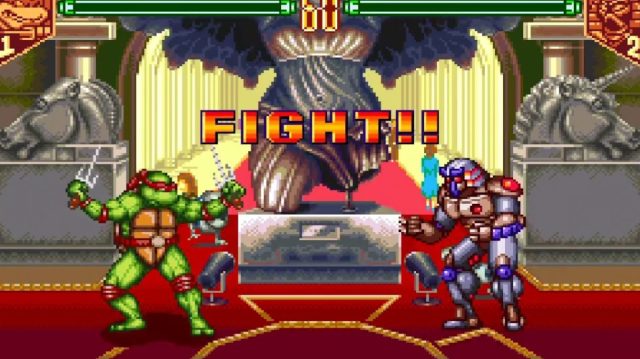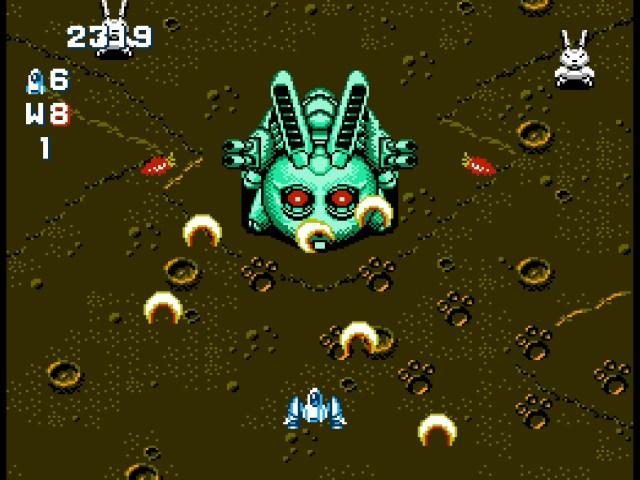Don’t let Gun*Nac go extinct
The Video Game History Foundation has released a report they conducted with the Software Preservation Network that demonstrates that 87% of games are currently out of production and unavailable in the current market. They’ve termed any game not currently available as “Critically Endangered.” Be sure to check out the study’s methodology at this link.
This initially struck me as odd, as my game closet is currently crammed with thousands of games from all periods of history. However, I am not a normal person. Many people do not have the desire, ability, or access to build a collection like mine. Most normal people only have access to what’s available in stores and digital marketplaces. As this report shows, that’s only 13% of gaming’s overall history. Sucks to be normal, I guess.
This is becoming more and more concerning. Imagine if The Beatles’ Abbey Road never got a second run. That after cassettes supplanted vinyl records, you just couldn’t buy Abbey Road anymore. Or alternatively, imagine that Alfred Hitchcock’s Psycho never released outside of theatres. This is a problem that is exclusive to the video game market. There are similar problems with other media, but nowhere near on this level.
Right now, straight-up piracy is the only way for some people to play my beloved Gun*Nac or Rule of Rose. Publishers and developers understandably don’t want people going this way, but for many, that’s the only option. Asking people to just not explore a fascinating part of their hobby is just completely disrespectful, but that’s exactly what publishers are doing.

Adopt a game today
A large part of this problem is the fact that these games are built on disparate hardware and require a lot of work to get them running on new platforms. There was generally no foresight at the inception of the industry as to how later generations would experience these games.
However, there are ways around this, such as allowing libraries to build and lend collections as they do with movies and music, but there’s been a lot of pushback against this, as well. The Internet Archive recently lost a court case involving the sharing of e-books, which was a blow to their preservation efforts and may soon cause problems for them in other areas, such as the preservation of games.
Publishers will often release collections, such as Konami’s important Teenage Mutant Ninja Turtles: The Cowabunga Collection. In other cases, publishers will release games piecemeal, like through Hamster’s Arcade Archives series or services like Nintendo’s Switch Online. However, as this report shows, all of those efforts add up to a drop in the bucket.

Pickle those games
Nintendo and other publishers are also unlikely to release games that they think will reduce the profitability of their currently available titles, or games that might be considered embarrassing to them. Nintendo isn’t likely going to ever re-release previous Animal Crossing games, and EA is currently sitting on The Sims and The Sims 2. Likewise, Konami isn’t likely to ever drop a new release of Castlevania Judgment. However, each of these games is significant in some way, but will remain inaccessible to fans of those series.
So, publishers don’t have a solution (or often an interest) for preservation. Furthermore, institutions that would normally handle this kind of thing have their hands tied by legalities. This report highlights (and is intended to illustrate) why changes need to be made. Unfortunately, we live in a world where enrichment isn’t quantifiable, but money is. So money, in almost all cases, takes priority.
What this results in is that emulation and piracy remain the only effective and consistent methods of preservation. Since this doesn’t make businesses money, it’s treated as copyright infringement and considered illegitimate, while sites dedicated to the practices are shut down. If publishers want to get rid of them, they need to step up with their own preservation efforts. Otherwise, they should maybe just step off.








